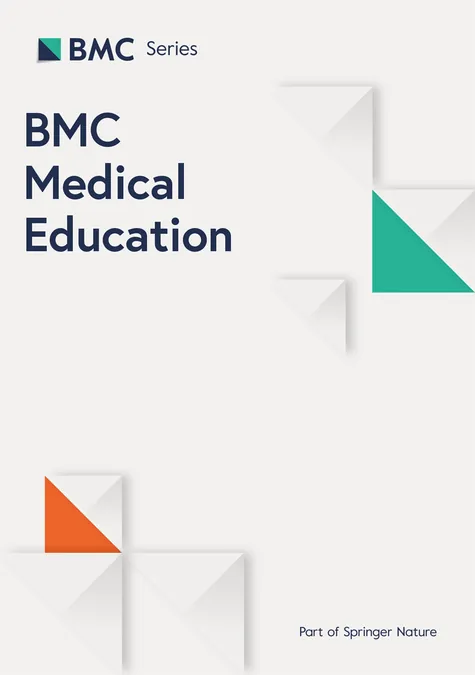
Key Characteristics of Internal Medicine Residents Who Successfully Match into Pulmonary Critical Care Medicine Fellowships Revealed!
2024-11-20
Author: Wei
Background
Internal medicine (IM) residents face crucial challenges when trying to secure positions in subspecialty fellowships, particularly in the highly competitive fields of pulmonary and critical care medicine (PCCM). A recent study aimed to uncover the crucial factors that set apart those IM residents who successfully match into PCCM fellowships from their peers pursuing alternative pathways.
Study Overview
Conducted at a well-established institution, this retrospective study scrutinized the records of 12 classes of IM residents spanning from 2010 to 2021. The analysis included pre-residency characteristics, overall performance during residency, and specific experiences related to PCCM. By employing logistic regression models, researchers examined associations between various factors and the outcome of matching into a PCCM fellowship within one year after completing IM residency.
Findings
Out of a total cohort of 522 residents, only 10.3% successfully matched into PCCM fellowships. A striking finding from the study was that completing a pulmonary elective significantly enhanced the likelihood of matching into PCCM (odds ratio (OR) of 7.78, with a 99% confidence interval of 3.10–19.53, p < 0.0001). Additionally, residents who matched into PCCM were more likely to have fewer than three publications during their residency (OR 3.51; p = 0.003), indicating that these aspiring fellows may prioritize clinical experience over academic publication.
Interestingly, while declaring an intent to enter PCCM was initially associated with a successful match in univariable analysis, this did not hold true in the multivariable model. This suggests that other factors outweigh mere intentions when it comes to matching success.
Broader Context
Approximately 6,000 IM residents apply for subspecialty fellowships every year, with only 5,000 available slots, which means one in six residents may not successfully match. The competitive nature of PCCM fellowships is underscored by a troubling 24.8% unmatched rate observed between 2004 and 2019. Furthermore, as the US population continues to age, there is a projected shortage of critical care providers, amplifying the need for well-prepared residents in this specialty.
Insights for Mentors and Trainees
The findings of this study shed valuable light on what characteristics make up a successful candidate for PCCM fellowships. The evident impact of pulmonary electives signifies their role not only in building essential skills but also in offering opportunities for networking and obtaining strong letters of recommendation. Furthermore, the study suggests a potential cultural shift within PCCM, where clinical focus may trump traditional academic metrics like publication counts.
As the landscape of medical education evolves, this information can be pivotal for mentors as they guide upcoming residents interested in PCCM. Understanding these dynamics can help tailor training experiences, leading to more successful matches and ultimately addressing the critical care workforce shortage.
Looking Forward
This pioneering study serves as a stepping stone into understanding the characteristics of residents entering PCCM. The implications of these findings encourage future research that delves deeper into personal motivations and career trajectories among PCCM aspirants and underscores the necessity for enhanced clinical training opportunities.
Are you an aspiring PCCM trainee? These insights could shape your residency experience! Be proactive, seek out pulmonary electives, and focus on building your clinical profile to stand out during fellowship applications. The future of medicine may depend on your choices today!

 Brasil (PT)
Brasil (PT)
 Canada (EN)
Canada (EN)
 Chile (ES)
Chile (ES)
 Česko (CS)
Česko (CS)
 대한민국 (KO)
대한민국 (KO)
 España (ES)
España (ES)
 France (FR)
France (FR)
 Hong Kong (EN)
Hong Kong (EN)
 Italia (IT)
Italia (IT)
 日本 (JA)
日本 (JA)
 Magyarország (HU)
Magyarország (HU)
 Norge (NO)
Norge (NO)
 Polska (PL)
Polska (PL)
 Schweiz (DE)
Schweiz (DE)
 Singapore (EN)
Singapore (EN)
 Sverige (SV)
Sverige (SV)
 Suomi (FI)
Suomi (FI)
 Türkiye (TR)
Türkiye (TR)
 الإمارات العربية المتحدة (AR)
الإمارات العربية المتحدة (AR)